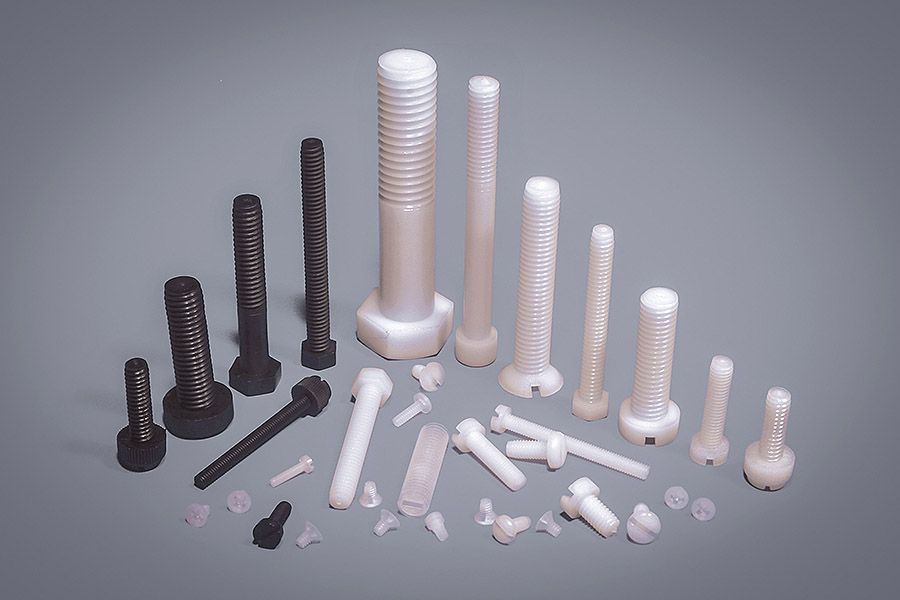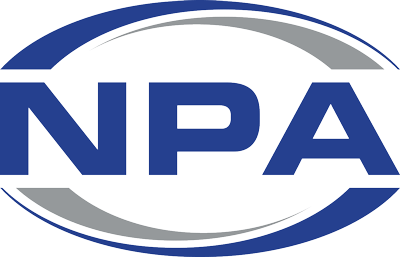
This buyer's guide has been created to help you choose the right type of nylon screw for your project. Nylon screws are made of durable plastic material and are commonly used in various industries due to their lightweight, non-conductive, and corrosion-resistant properties. In this guide, we’ll discuss the different types of nylon screws, their advantages, and some tips to consider when purchasing them.
Types of Nylon Screws
There are several types of nylon screws available on the market, but we will focus on the three most common types: Machine Screws, Cap Screws and Grub Screws.
Machine Screws: Machine screws are used to fasten two or more objects together and are commonly used in electronics, automotive, and aerospace industries. They come in various sizes and thread types and are usually tightened using a Phillips or flathead screwdriver.
Cap Screws: Cap screws are similar to machine screws, but they have a larger head and are used to create a secure and flush fit. They are commonly used in construction, automotive, and machinery industries and are tightened using a wrench or socket.
Grub Screws: Grub screws are a type of nylon screw that are specifically designed for use in applications where a flush or recessed finish is desired.
These screws are often used to secure one object inside another object, such as a knob on a shaft or a gear on a motor. Grub screws are available in a range of sizes and lengths and can be used in both indoor and outdoor applications. They come in various lengths and thread sizes and can be tightened typically using an Allen key or flat head screwdriver.
Advantages of Nylon Screws
Nylon screws offer several advantages over traditional metal screws, including;
Lightweight: Nylon screws are significantly lighter than metal screws, making them ideal for applications where weight is a concern.
Non-Conductive: Nylon screws are non-conductive, making them suitable for use in electrical applications where metal screws could cause a short circuit.
Corrosion-Resistant: Nylon screws are highly resistant to corrosion and are not affected by moisture, making them ideal for outdoor applications or in wet environments.
Durable: Nylon screws are highly durable and can withstand high loads and stresses.
Tips to Consider When Purchasing Nylon Screws
When purchasing nylon screws, there are several factors to consider to ensure that you choose the right type of screw for your project.
Size and Length: The size and length of the screw are important factors to consider, as they will affect how the screw fits and functions in your application. Make sure to choose a screw that is the right size and length for your project.
Thread Type: The thread type of the screw is also an important consideration. Make sure to choose a thread type that is compatible with your application and can handle the load and stresses it will be subjected to.
Head Type: The head type of the screw will determine how it is tightened and whether it will be flush with the surface it is fastening. Make sure to choose a head type that is appropriate for your application.
Load Capacity: The load capacity of the screw is an important factor to consider, especially if you will be using it to fasten heavy objects. Make sure to choose a nylon screw that has a load capacity that is appropriate for your specific application. The load capacity of a screw can be affected by factors such as size, thread type, and material composition.
In general, larger screws with a coarse thread pitch will have a higher load capacity than smaller screws with a fine thread pitch. It is important to carefully consider the weight of the objects you will be fastening together and choose a screw with a load capacity that is equal to or greater than the weight of those objects. Failure to choose a screw with an appropriate load capacity can result in the screw failing and the objects becoming loose or damaged.
Corrosion Resistance: One of the main advantages of nylon screws is their high resistance to corrosion. Unlike metal screws, which can rust and corrode over time, nylon screws are highly resistant to moisture and chemicals, making them ideal for use in outdoor applications or in wet environments.
However, it is important to note that not all nylon screws are created equal, and some may have a higher resistance to corrosion than others. When purchasing nylon screws, make sure to choose a screw that is specifically designed for use in corrosive environments.
Temperature Resistance: Another important factor to consider when purchasing nylon screws is their temperature resistance. Nylon screws are generally able to withstand temperatures between-18°C and 85°C, but their performance may vary depending on the specific type of nylon used in the screw. If you will be using the screw in a high-temperature application, make sure to choose a screw that is specifically designed for that purpose.
Price: When it comes to price, nylon screws are generally more affordable than metal screws, making them a cost-effective option for many applications. However, the price of nylon screws can vary depending on factors such as size, length, and quantity. It is important to shop around and compare prices from different suppliers to ensure that you are getting the best deal on your nylon screws.
Conclusion: In conclusion, nylon screws are a durable, lightweight, and corrosion-resistant alternative to traditional metal screws. When purchasing nylon screws, it is important to consider factors such as size, thread type, head type, load capacity, corrosion resistance, temperature resistance, and price to ensure that you choose the right type of screw for your application. With the right nylon screw, you can ensure that your project is strong, secure, and long-lasting.
FAQs
- Are nylon screws as strong as metal screws? While nylon screws may not be as strong as metal screws, they are still highly durable and can withstand high loads and stresses.
- Can nylon screws be used in wet environments? Yes, nylon screws are highly resistant to moisture and are suitable for use in wet environments.
- Are nylon screws more expensive than metal screws? No, nylon screws are generally more affordable than metal screws, making them a cost-effective option for many applications.
- Are there different types of nylon used in nylon screws? Yes, there are several different types of nylon used in nylon screws, each with different properties and characteristics.
- Can nylon screws be used in high-temperature applications? Yes, nylon screws are generally able to withstand temperatures between -18°C and 85°C, but their performance may vary depending on the specific type of nylon used in the screw.
If you’d like some advice on nylon screws, phone NPA today on (08) 8268 2733 or browse our online store here to see our extensive range.
View other products in the NPA Buyer’s Guide Series

